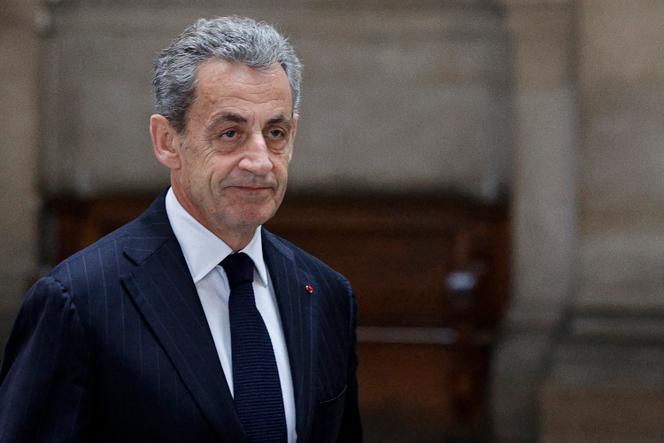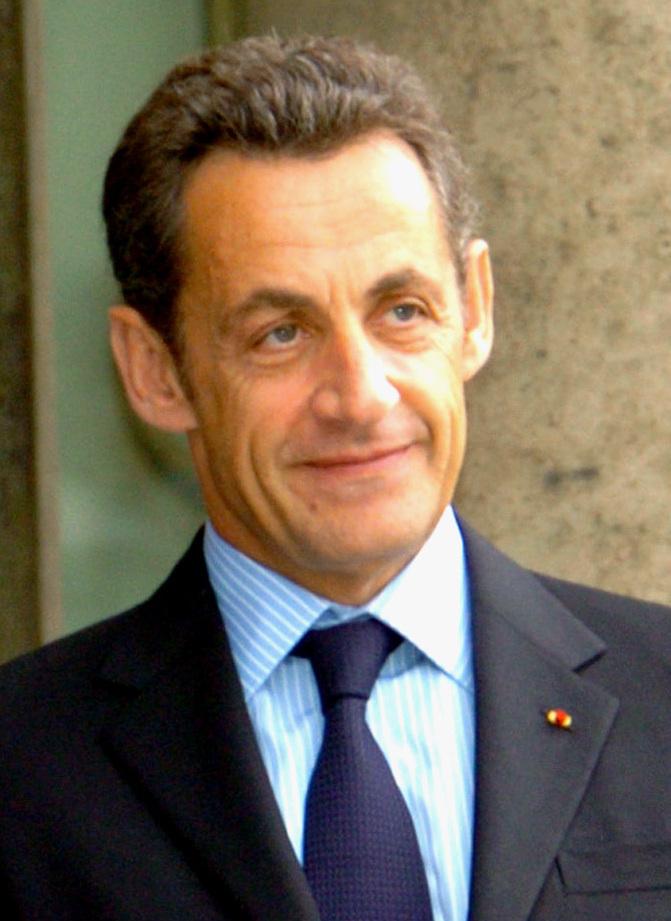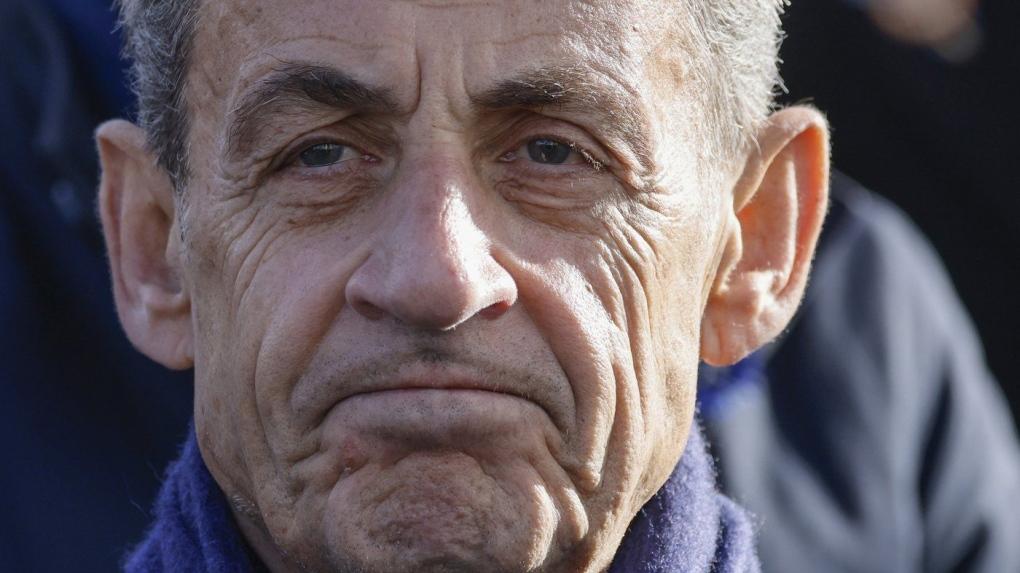Sarkozys Legal Battles: Understanding the Implications of the Corruption Case Ruling
The recent ruling against Nicolas Sarkozy in his corruption case marks a significant moment in French political history. This decision by the court not only upholds the principle that no one, irrespective of their political stature, is above the law but also sets a precedent for future legal proceedings involving public officials. sarkozy’s sentence not only entails imprisonment but may also affect his political legacy, raising questions about accountability for leaders in democratic societies. Furthermore, the implications of this ruling extend beyond Sarkozy’s personal circumstances; they resonate through the fabric of French governance and public trust.
This case highlights key aspects of legal integrity and the fight against corruption in politics. As the judicial process unfolds, it emphasizes the importance of vigilance and active oversight within democratic institutions. Several key implications arise from this ruling:
- It reinforces the judiciary’s independence in handling cases related to elite corruption.
- It could inspire similar initiatives across Europe for accountability among former leaders.
- It raises the stakes for upcoming political figures regarding clarity and ethics in governance.
The ruling serves as a reminder that ethical conduct remains paramount in public office, thus igniting discussions on the future of political conduct in France.

Political Fallout: How Sarkozys Conviction Affects Frances Political Landscape
The conviction of Nicolas Sarkozy not only marks a significant moment in legal history but also poses profound implications for the political arena in France. As the first former president to recieve a prison sentence related to corruption, Sarkozy’s case has raised critical questions about accountability within the political elite. The repercussions are already being felt, with many observers suggesting a shift in public trust towards political institutions. This erosion of confidence could lead to a realignment in voter sentiments, especially in a nation grappling with issues such as economic inequality and political corruption.
Moreover, Sarkozy’s legal troubles are likely to have a ripple effect across the political spectrum, prompting a reassessment of party dynamics and alliances. Key points to consider include:
- impact on The Republicans (LR): As the party’s figurehead, Sarkozy’s downfall may diminish its electoral prospects and compel leaders to distance themselves from his controversial legacy.
- Emergence of New Leaders: With Sarkozy sidelined, younger politicians may seize the possibility to establish themselves as viable alternatives, potentially reshaping the party’s platform.
- Increased Focus on Reform: The need for ethical reform in government may gain momentum, prompting political parties to prioritize transparency and integrity to regain public trust.
As the dust settles, the long-term consequences of this judicial ruling will continue to reverberate, challenging France’s political establishments to adapt in an increasingly skeptical landscape.

Public Trust in Institutions: Analyzing the Impact of Corruption Cases on Voter Sentiment
The recent ruling against former French President Nicolas Sarkozy, who has lost his appeal in a corruption case, sheds light on the intricate relationship between political scandals and public trust in government institutions. Cases like Sarkozy’s not only signal a disregard for ethical conduct among the political elite but also amplify skepticism among voters regarding the integrity of their representatives. The fallout from such high-profile legal battles can lead to a profound disillusionment with the political system, resulting in a cycle of discontent and apathy towards electoral participation.
As citizens grapple with the implications of governance tainted by corruption, it becomes imperative to examine the broader societal effects. Voter sentiment often shifts in response to these events, manifesting in various ways:
- Increased calls for transparency and accountability within institutions
- Growing support for anti-establishment movements
- A decline in overall voter turnout, particularly among those who feel disenchanted with the political process
Understanding these dynamics is crucial for policymakers and political strategists alike, as a damaged public trust can have lasting effects on democratic engagement and the legitimacy of future governance.

Future Recommendations: Strengthening Accountability and Transparency in French Politics
As the implications of Sarkozy’s corruption case echo throughout the political landscape, it becomes increasingly clear that systemic changes are necessary to foster an environment were integrity prevails. Lawmakers must prioritize comprehensive reforms aimed at bolstering accountability mechanisms within public office.Possible actions could include:
- Enhanced Oversight Bodies: Establish independent commissions to oversee political funding and lobbying activities.
- Stringent Legislation: Introduce stricter laws governing campaign financing and transparency in public expenditure.
- Whistleblower Protections: Strengthen protections for individuals who expose corruption or wrongdoing, ensuring they can report without fear of retaliation.
Additionally, fostering a culture of transparency must be a priority if France is to rebuild public trust. Utilizing digital tools can considerably enhance the accessibility of government data, allowing citizens to scrutinize decision-making processes more effectively. Initiatives that could be explored include:
- Open Data Platforms: Create user-friendly platforms that provide real-time data on government spending, political donor lists, and legislative votes.
- Public Engagement Campaigns: Launch campaigns to educate citizens about their rights and encourage active participation in political processes.
- Regular Reporting Standards: Mandate regular reporting from public officials regarding their financial interests and potential conflicts of interest.
